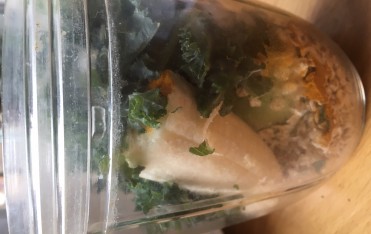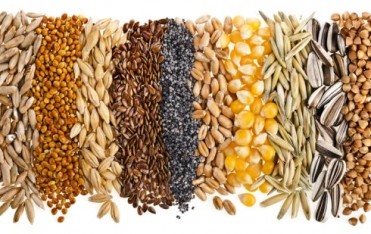Hydration
1. Aim to drink half a litre of water every four hours
2. Kick-start your day with a cup of hot water with squeezed lemon – it’s a great liver cleanser
3. Drink half a pint of semi-skimmed/skimmed almond/soy/rice milk late morning – this can be an excellent way to curb mid afternoon hunger pangs and is also great for hydration
4. A green juice a day in the afternoon is a great energy provider, as well as delivering additional micronutrients, fluid and also stopping you snacking
Green Juice (you can do this in a juicer or blender – remember blended retains the fibre)
A large handful of kale
Two carrots
A stick or two of celery
Add a little water is optional and an ice-cube
5. If coffee is a must, have good quality stuff and limit it to two cups per day (there say it wards off dementia) and don’t have caffeine after 2pm.
6. After that switch to herbal teas – liquorice is soothing and good for inflammatory conditions, peppermint and fennel for digestion and camomile is great for calming and aiding good sleep.
Front load your day
Eat as soon as you can after waking, it wakes up your metabolism. Start with a healthy breakfast that includes protein as well as carbohydrate to stabilise energy levels. If you are not a natural breakfaster, try homemade smoothies of blending muesli to a drink instead
Banana Breakfast Smoothie
One banana
Half a cup of oats
Dessert spoon of peanut/other butter
Shake of sesame seeds or dollop of tahini paste
Cup milk of any variety or water
Ensure you eat before 11am – denying yourself food early in the day leads to hunger, stress, and over-eating later in the day.
Check forthcoming blog for great breakfast ideas…
Power protein lunch
Eating protein at lunchtime is important to avoid a post-lunch energy slump. Aim to eat protein and carbs in a ratio of 1:1 to maintain energy levels. Protein contains leucine, an essential amino acid important for building lean muscle and studies show it can promote fat loss. The human body cannot produce leucine so we must get it from food. Carbs, particularly when refined give you an energy spike, followed by a ‘crash’, leading to cravings for more carbs and or sugar. Protein guards against a steep rise in blood sugar after a meal or snack. Protein also stimulates the release of dopamine, a brain transmitted that makes you feel more alert, boosting concentration and curbing lethargy, lowering the temptation to snack on sugary carbs.
Carbohydrate curfew
Avoid starchy carbohydrates after 5pm. This includes bread, past, rice, potatoes and grains. Evening meal should be based on protein – lean meat or fish or pulses, with vegetables/fruit and some essential fats e.g. dairy products. This will help avoid overeating and feeling bloated and:
Helps control blood sugar levels and stabilises energy
Helps cut calories without having to count them
Boosts vitamin and mineral intake – eating fruit and veg instead of rice, pasta, spuds
Reduces bloating – body breaks carbs down in to glucose, storing it as glycogen in the muscles or as fat in the fat cells. Body prefers to store these starchy carbs as glycogen, but for every unit of glycogen it stores, it also has to store three units of water
Stops food hangovers – stuff face at night, some people wake up with feeling not like eating breakfast, by the evening then hungry and that’s when willpower lowest.
Alcohol is high in empty calories, so cutting down is an obvious way to reduce excess calories. Try to keep within 10 units per week.



